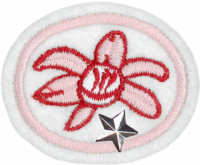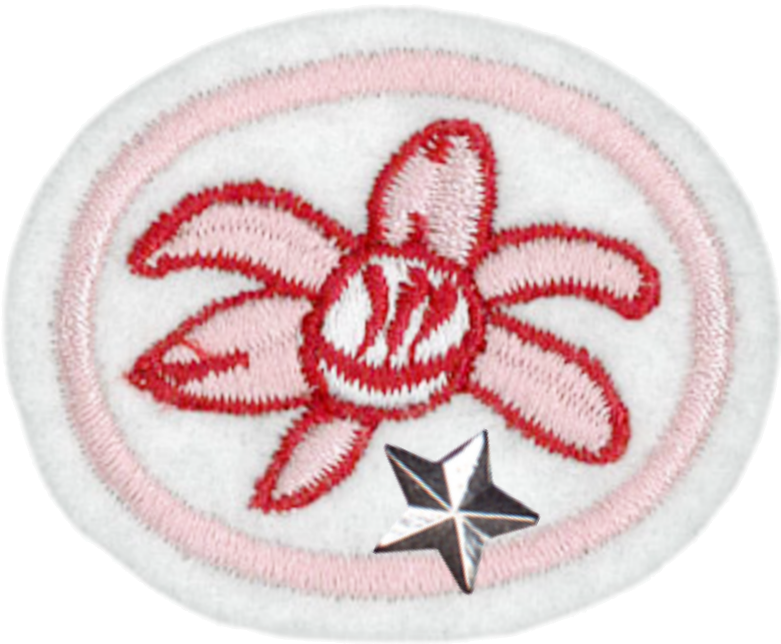Difference between revisions of "AY Honors/Orchids - Advanced/Requirements"
(Marked this version for translation) |
m (- Category of Honor Requirements) |
||
| Line 105: | Line 105: | ||
<section end=challenge /> | <section end=challenge /> | ||
<section end=Body /> | <section end=Body /> | ||
| − | |||
| − | |||
| − | |||
| − | |||
| − | |||
| − | |||
Latest revision as of 02:48, 22 July 2022
Skill Level
2
Year
2012
Version
20.02.2026
Approval authority
South American Division
1. Have the Orchids honor.
2. Draw or press an orchid and identify the following parts:
- a. Sepal
- b. Petal
- c. Column
- d. Anther
- e. Stamen
- f. Labellum (lip)
- g. Stigma
3. What is the main difference between monopodial and sympodial orchids?
4. What are "cultivars"?
5. How does meristem multiplication work? For what purpose is it practiced?
6. What are keikis?
7. List three uses of orchids for man.
8. Know the essential elements for orchid growth.
9. Name at least two species of orchids that can grow in the following conditions, in the region you live in:
- a. Outdoors, in a common garden o a rock
- b. In the shade or half light
- c. In a greenhouse not acclimatized
- d. In a acclimatized greenhouse
10. Mention some factors that can contribute to a species of orchid becoming endangered.
11. Explain quarantine requirements in your country regarding the import of orchids.
12. Explain the growth process of orchid seeds under conditions in a glass vase.
13. Describe the world distribution of orchids and analyze how the knowledge of the height above sea level, the native habitat of an orchid is important for those who grow them.
14. Cultivate a small collection of orchids (from at least two genera) until they bloom (at least four different orchids). Afterwards, present a monthly photographic history, accompanied by notes on the development and the necessary care during each month, with the growth of each plant.



